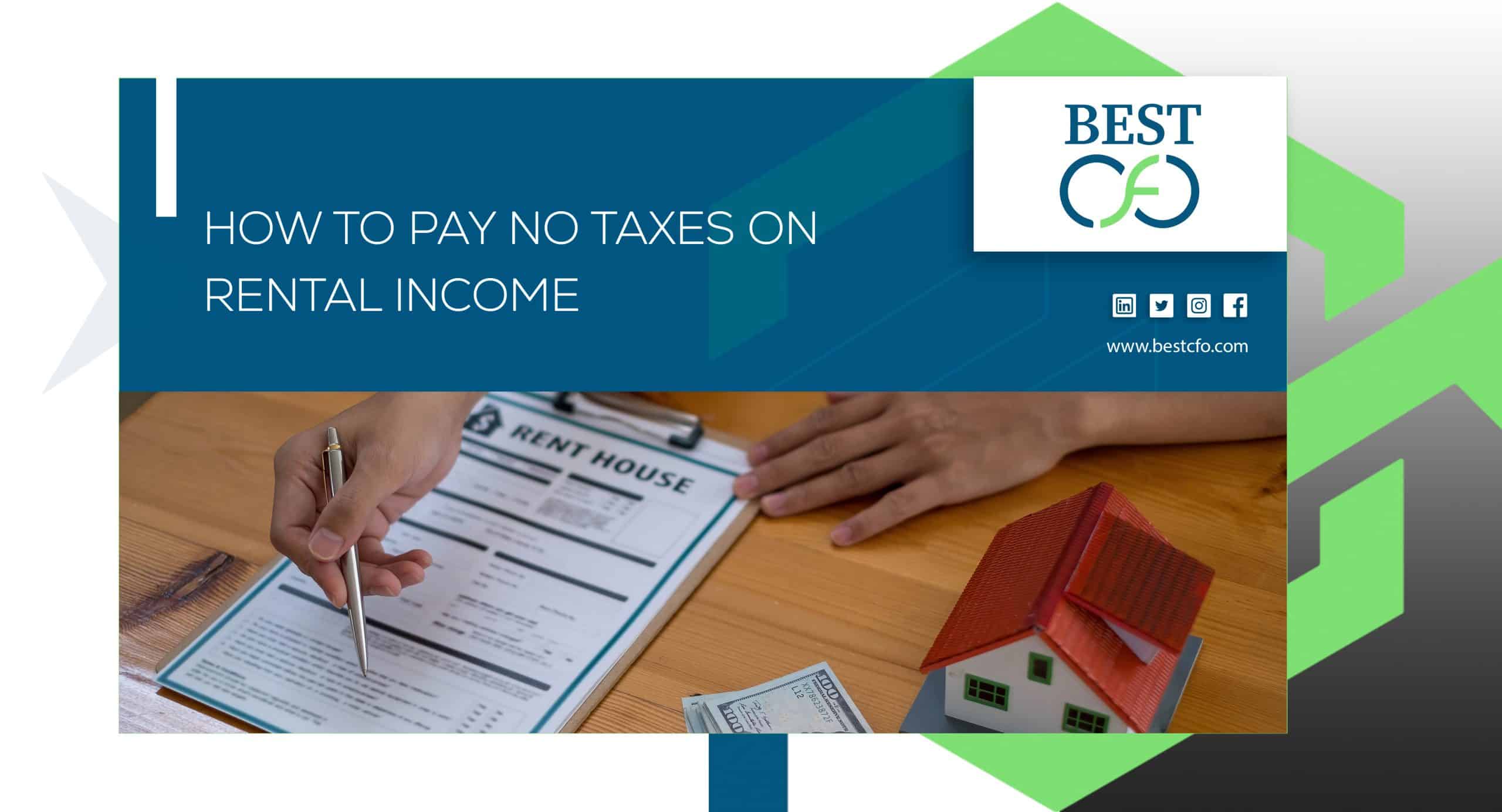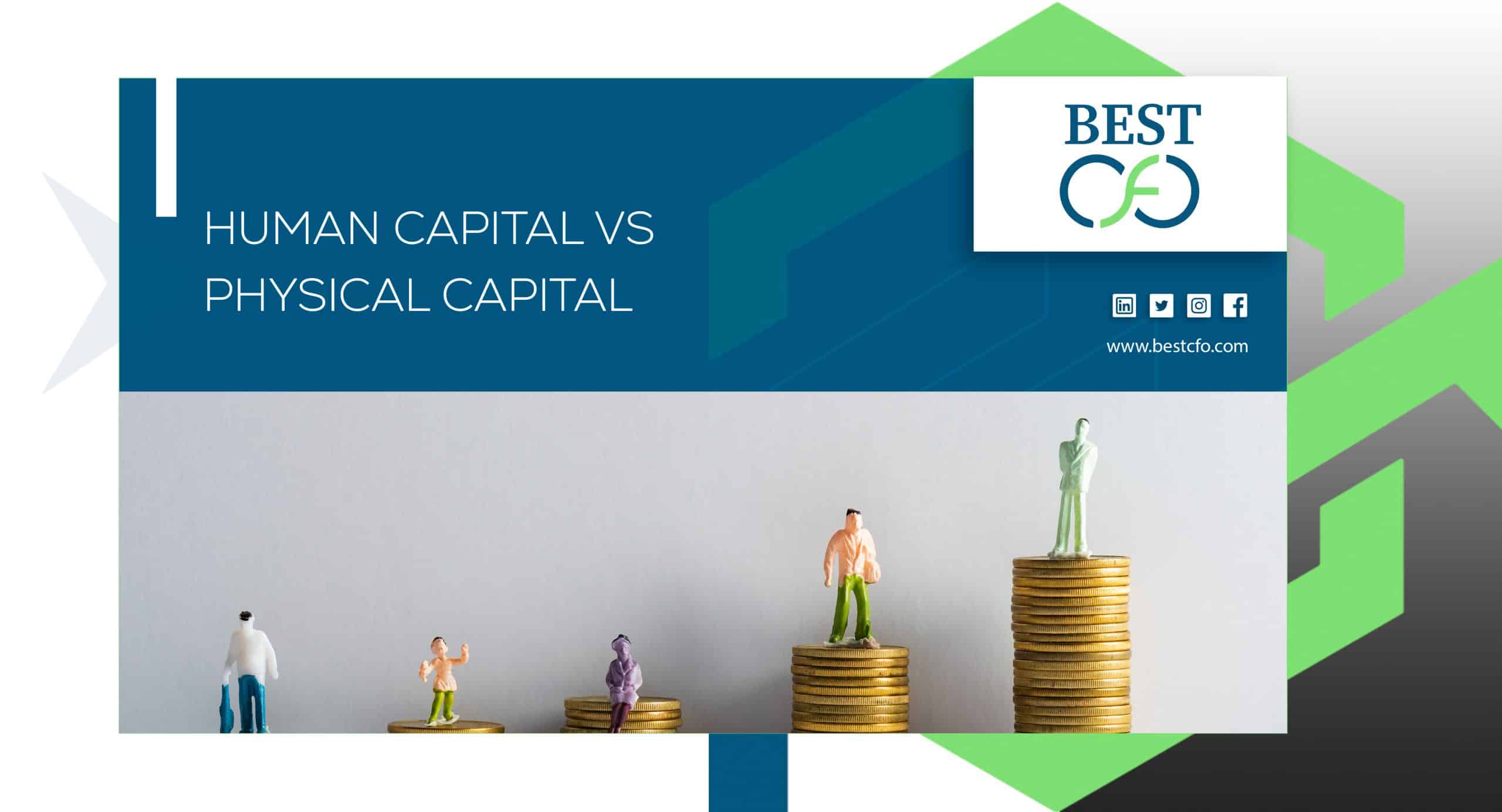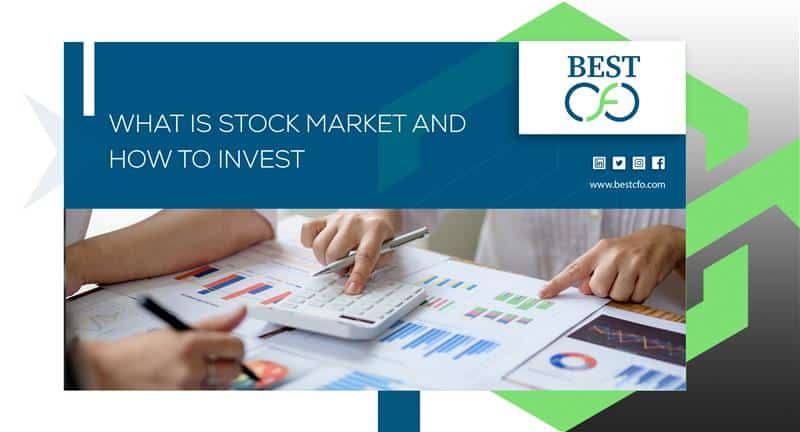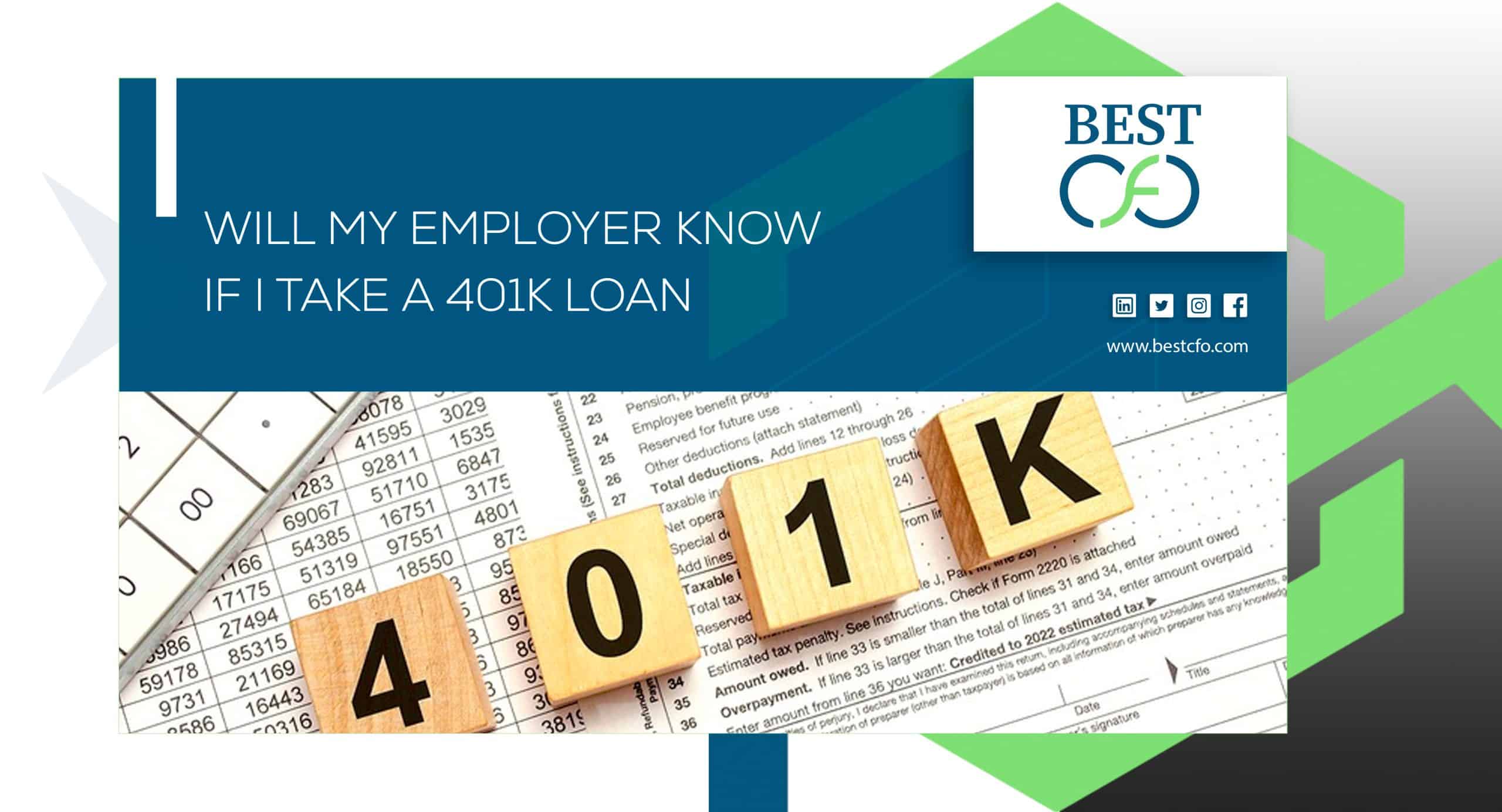
|
Getting your Trinity Audio player ready...
|
Will My Employer Know If I Take a 401(k) Loan? Exploring the Pros and Cons
Due to a lack of funds, the 401(k) retirement plan allows you to borrow while a bank provides its services, allowing you another chance if it does not rain. Nonetheless, the employee is wary about this issue: Will my employer be informed if I take out a 401(k) loan?
This article drills into the in-depth rules of 401(k) loans, their fronts, and the workers’ trust transparency to their boss. The information you should be familiar with is about the possibilities you might face and what course of action your decision should follow in your endeavor to retire.
Understanding 401(k) Loans
One of the ways you can use your 401(k) is through a loan that gives you immediate access to money without a bank’s participation. The loan may reach $50,000 if you agree to take only one of the two premiums that your employer’s deposit contains. After five years, the money will be automatically deducted from your paycheck.
Although the method plays a significant role in promptly resolving the immediate purpose in terms of capital, people need to perceive the darker side of the program. Among the negatives of this practice is the displacement of your pension plan savings when you borrow from a 401(k) account. As a result, your account will not increase again until the loan is fully paid off.
Will My Employer Know If I Take a 401(k) Loan?
Yes, your employer, through the company you work for, may actually understand you have taken a 401(k) loan, as most 401(k) plans are. Paybacks are normally deducted directly from your payroll, that is why your employer participates in the borrowing procedure.
Pros of Taking a 401(k) Loan
Avoid Taxes and Penalties
If it is to be pointed out, the 401(k)-loan termination is the major reason which stands for many of taxes and penalties in the case of withdrawal of money before the deadline. In not having to pay any taxes and fines if you can show your willingness to repay the funds borrowed within the specified period of time, you will be privileged with such a regime.
This is very good, as it enables you to keep the remaining 10% tax penalty that you normally would be charged if you withdrew your funds early. It also makes financial sense as it can be used as an alternative to getting money from other means.
Pay Interest to Yourself
If you opt to draw out money from your 401(k) fund, then it is virtually the same as, you are repaying the interest only to yourself. Instead of going for one-time purchase of your choice, you now have your personal choice to become as much as richer.
In fact, they were using the money you devoted so it did not reach a bank which normally would have been charging you high interest rates.
No Credit Check Required
A 401(k) loan is uncommon in that no credit checks are carried out. This arrangement is advantageous to people who have wavering credit scores or a history of bad credit. Since you are getting money from yourself, your credit score is still the same, and your own name might not even be added to a credit report.
No Impact on Your Credit Score
The great thing about the non-reporting of 401(k) loan defaults to credit agencies is that it literally means you don’t get a credit score hit if you are unable to pay. With traditional loans, it is common for negative credit to result from missed payments.
Cons of Taking a 401(k) Loan
Not Everyone Can Borrow
Often, not all employers are willing to offer 401(k) loans. While quite a number of the plans include loan options, there are some that consider yeas and nays and may even call the funding arm limited. It relies on the plan type that your boss is implementing.
Repayment Challenges
Once you vacate your work knowing you have done so either on your accord and unwillingly, the outstanding loan may have its remaining amount mature instantly. Not keeping to the time set for the loan’s repayment may result in the consequence of treat related amount as a distribution which will in turn be levied owning and income taxes at the same time.
Loan Limits and Restrictions
The limit is such that 401(k) participants may only borrow fifty percent of their own savings that are vested in the account or alternatively a maximum amount of fifty thousand dollars. Also, the capability for loans is not available in all of the 401(k) plans and the same rules vary from one plan to another.
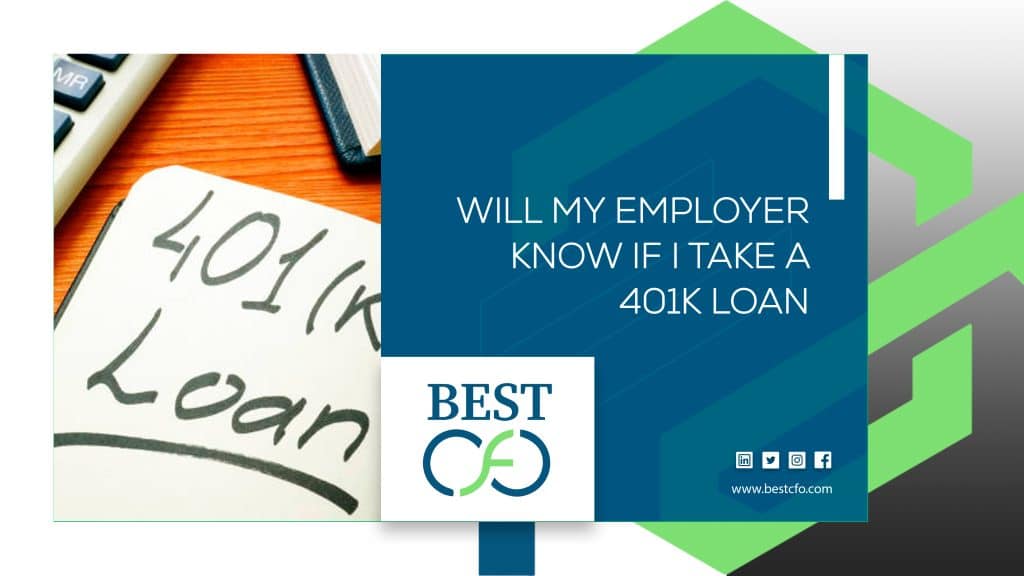
Alternatives to 401(k) Loans
Personal Loans
Personal loans are a type of loan that is available. They do not require being restored to a person and can be used for a host of purposes. They normally come out with a steady rate of recurrence or terms of payment and are very predictable. But they, in turn, come with credit checks and often, come with higher interest rates. Interest rates on them are usually higher than those offered by the 401(k) loans.
Personal loans are treated as unsecured debts and, thereby, the lender is risking that he may not recover the funds lent out. In contrast to 401(k) loans that are just disguised personal loans, the advantage is the ownership of the funds lent out even in the above-mentioned scenario.
Home Equity Loans or Lines of Credit
People often consider taking a home equity loan or a credit line if they are in the possession of a house. With these options, the owner allows you to get your home’s equity loan or line of credit which is at minimal rates of interest. On the same side, however, they put your home in danger in case you fail to follow the agreement terms.
Hardship Withdrawals
Several 401(k) plans allow withdraws from savings under the condition of a particular situation for instance, paying part of the end cost of a house and a medical operation. It is not obligatory to repay these withdrawals to the accounts, however, those funds are either taxed as income or bear a penalty for an early withdrawal.
Important Considerations Before taking Decision on 401(k) Loan
Understand the Repayment Terms
Be certain that you are not only familiar with the repayment terms but that you also adhere to them religiously in your 401(k)-loan repayment plan.
As your payroll department takes care of it, you know it is easy to track the payments. Also, know, however, the risk of not paying on time. If you quit your job, you may have to pay back the loan in full quickly.
Weigh the Opportunity Cost
Beside the asset class and also the potential opportunity cost for it is the cost of change to a new one. Withdrawing from a retirement account is the same as losing potential investment growth. A smaller retirement balance in your future may also be accrued.
Know the Tax Implications
If you do not get the loan on time, the tax department will treat the amount of the unpaid part, which is still a part, as an early withdrawal from you and the penalty is about 10% and you still have to pay your taxes, which adds more the loan than the loan itself.
Consider the Risks of Job Loss
When you are no longer employed yet you are still paying back your 401(k) loan the rest of the loan may become due quickly, and that will be the end of paying it back.
If you are not able to pay back the full sum of money you got as a loan, the amount of money may be a taxable distribution. This can trigger penalties with IRS.
Last Verdict: Will My Employer Know If I Take a 401(k) Loan?
The amount to be repaid will be directly deducted from the employee’s salary like any other loans. Consequently, they can easily know if you borrowed the loan from 401(k) or not.
- 401(k) loans have the advantage of being able to borrow without taxes but at the same time retirement growth will not be as high as before.
- If the loan is not repaid, it may bring about taxes and fines, which will make it an expensive mistake.
- Some possibilities like personal or home equity loans may suit your financial case better.
- First, clearly assess the risks and the potential consequences of borrowing from the retirement portfolio and keep the long term in mind. How will your retirement be affected in 10 or 20 years if you take out the money from your retirement funds?
Not every 401(k) loan can be a solution. Indeed, it is the case in certain circumstances as they are the ones who shall pass the stringent procedures of availing loans.
Related Posts
How to Pay No Taxes on Rental Income
What is the $1,000-a-month rule for retirement? For all citizens of U.S. who are nearing…
How to Pay No Taxes on Rental Income
Understanding the difference between Human Capital vs Physical Capital Capital is any asset that is…
Human Capital vs Physical Capital
Understanding the difference between Human Capital vs Physical Capital Capital is any asset that is…
What is Stock Market & How to Invest
What is the stock market and how to invest: Top 10 reasons to start investing…
 Demos
Demos  Colors
Colors  Docs
Docs  Support
Support 




